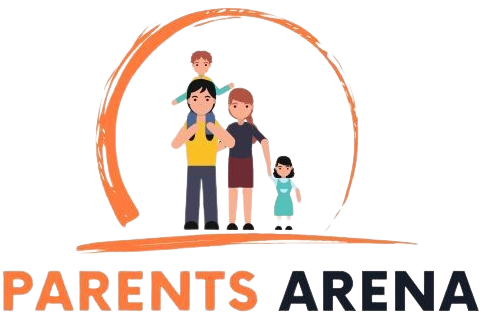When it comes to children, parents should ensure everything connected to their lives is running smoothly. But sometimes, parents just concentrate on their kids’ grades and health, which is a huge blunder. Parents must show concern about how their kids feel emotionally and how good their social life is. Friends are a kid’s world, yet some friendships may be toxic rather than generous. This blog post talks about how a toxic friendship might be identified. Also, we will provide you with some parenting advice for toxic friends, so you can cope with the present situation.
Your Child Has a Friend Who Upsets Them Frequently
When your child comes home frequently sad, anxious, or angry after spending time with someone, take notice. There are periods when children argue; however, repeated instances of emotional distress can be a red flag. The typical toxic friend is somebody who makes others feel less worthy, left out, or manipulated. Recognizing this early is built into any parents guide to toxic friendships.
Does Not Respect the Rules
If your child has a friend who doesn’t respect rules, be it yours or that of their parents, there is a chance that the child might be a bad influence. A friend who refuses to come over because your home has rules is indicating that he/she does not like boundaries or being told what to do.
That sort of friend could try to get your child to breach your rules or to think that rules are not important; they could even talk back to adults or act as if no one has any right to tell them what to do. When a friend normally disregards rules and chooses chaos, it can have that impact on your child, which is unhealthy behavior. This is one of those key indicators of friendships that a parent ought to watch for.
Regular Teasing or Sensations of Worthlessness
Tiny joking here and there is acceptable among friends. But if your child is frequently being severely bullied or demeaned, that is simply not right. Toxic friends usually disguise open criticism or savagery as “just joking,” while this goes on, gradually degrading the kid’s self-worth.
Absent Two-Way Friendships
Mutual regard, empathy, and effort are the origins of wholesome relations. If your kid is consistently the one making plans, giving presents, or apologizing for things behind arguments, it might be a one-sided relationship. A toxic friend simply takes and never gives in return.
Unkindness
Observe how your child acts or feels after spending some time with a friend. If they seem unhappy, bitter, or doubtful about themselves, that could be a red flag. Some friendships are certainly just toxic, whether the friend is putting your child down, copying their concepts, or declining to praise their accomplishments; that is inappropriate.
Children have to be taught the difference between criticism and just being nasty. Just like anyone else, good friends do sometimes offer constructive feedback. However, if the feedback comes in the form of incessant teasing, derogatory remarks, and anything that makes a child feel insignificant, that is a toxic friendship.
They Don’t Feel Free to Speak Up
Every friendship should be a safe space. If your child is scared or uneasy about communicating their feelings to a particular friend, then that’s an unhealthy setup. Kids should never feel as if they have to “walk on eggshells” for another person’s happiness.
Change Is Pressured upon Them
Is your child suddenly acting very differently, changing their appearance, interests, or behavior just to groove with a friend? Kids do grow and evolve naturally, but when such changes occur due to peer pressure and incite an uncomfortable or extreme situation, it should be identified as a toxic one.
Parenting Advice for Toxic Friends
When you raise a child, you show them how to live. Among the greatest offerings you can set up for your child is his or her ability to set boundaries.
Setting limitations is not always bad, it actually works. Kids today are observing everything in their surroundings, so it has become imperative for parents to do so. To create a balanced and joyful environment for the kids, parents should teach them through daily life moments.
The relationships you have to teach your children how to choose their own. Set an example for them that is strong, loving, and respectful of themselves.
Every youngster must discover fellowships that encourage their blossoming rather than be violent toward it. Uncovering the aspects of a toxic friendship can equip your child to choose wholesome relationships that promote their well-being and happiness. If you’re after parenting tips about toxic friends, parenting advice to toxic friendships, or looking to identify friendship red flags for parents, staying engaged and observant can be the driving force after your kid’s success.

